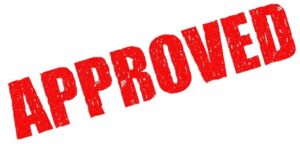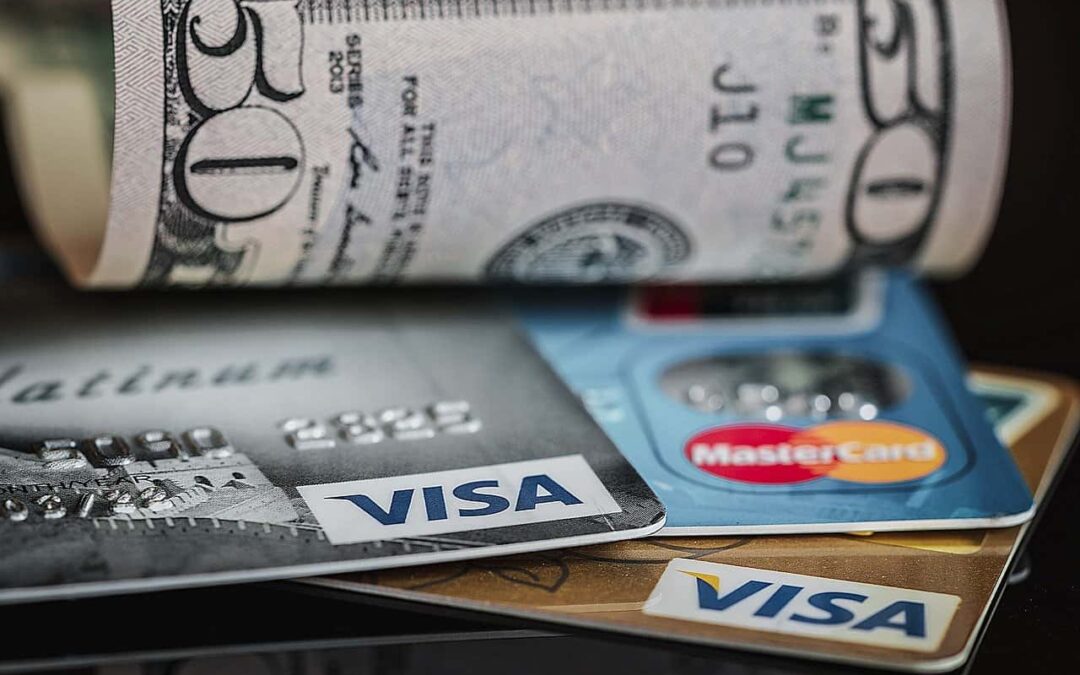NO CREDIT CHECK CREDIT CARDS
There are many reasons why no credit check credit cards may be a good option for you. For example, maybe your credit has taken a hit and you’re not sure if your credit score is high enough to get approved, but you would like to get a credit card. Either you’re trying to establish credit, rebuild damaged credit, or you simply need money now.
Especially during these current times, there are many creditors who have loosened their restrictions. They’re accounting for the many uncontrollable situations that have caused so many people to see a drop in their credit scores. There are even lenders who will approve you for bad credit auto loans online!
Even if you don’t think you need a credit card, but your credit history has suffered recently, you may consider getting a card just to help improve your credit score. Also, if you haven’t established any credit at all, a credit card is a good place to start.
HOW CREDIT CARDS CAN HELP YOUR CREDIT SCORES
The fact is, if you’re searching for a credit card who won’t run a credit check, your credit score is probably not as high as you’d like for it to be.
No worries! Just take action. Doing nothing is probably one of the worst things you can do for poor credit.
The most important thing in rebuilding your credit score is to use credit responsibly. One easy way to do that is by using credit cards.
Most credit card issuers will report your activity to the 3 major credit bureaus: TransUnion, Equifax, and Experian. If you consistently show a responsible use of credit, you will see your scores raise, thus improving your credit.
Be careful though – when you apply for most credit cards, they will check your credit reports and credit scores. Not only will this show a hard inquiry on your reports (which can decrease your scores slightly), but if you have a low credit score, the lender will probably not approve your application.
HOW TO GET NO CREDIT CHECK CREDIT CARDS
For this reason, credit cards with no credit check can be very appealing: You’ll get a new line of credit without a hard inquiry to your credit report, and without the possibility of getting denied.
The minimum requirements for no credit check credit cards are usually as simple as:
Earn U.S. income
Have a checking account
Be at least 18 years of age

It’s important to mention that while many cards advertise “instant approval,” some issuers won’t approve you if you’ve had any recent late payments or tax liens, if they can’t verify your income or identity, or if your income is not above their minimum.
While some credit cards for bad credit are unsecured, the majority of them are secured. If there is an annual fee or high interest, you must weigh the advantages to see if it’s worth it. Considering it could be the fastest way to raise your credit score, you may find it worthwhile to bite the bullet. Some may even look at it as “paying” for a better credit score.
Check Your Loan Rates
Answer a few short questions to see which personal loans you pre-qualify for. It’s quick & easy, and it will not impact your credit score.
USING A SECURED CARD TO REBUILD YOUR CREDIT
Consider someone who is interested in purchasing a new car. Unfortunately, their credit score is very poor. They need to add some positive activity to their credit report, but they’re having a hard time getting any credit. How can they build credit if they can’t get approved for any credit anywhere?
Building up and restoring your credit can be tricky. If your credit is poor, it can be difficult to get approved for loans or get a credit card in order to boost your credit score. However, one effective solution is to get a secured credit card.
Unlike the more common “unsecured” credit card, a secured credit card is secured with your own money. Therefore, it’s like you’re just loaning money to yourself. The financial institution who is issuing the card doesn’t have any risk, since they aren’t using their money. The best part is that no one can tell that the card is secured – not even the credit bureaus that do the reporting.
Secured credit cards with no credit check are relatively easy to get, but there are a few things you should keep in mind:
- All secured credit cards are not the same. Secured cards have different interest rates and fees. There are also different minimum deposit requirements to open the account. Some of the issuers may even charge an application fee. It might be worth your time to shop around for your best deal. Some good options can be found on: I Need Help Paying Bills’ credit card page.
- Make sure the credit card account will be reported to all three major credit bureaus. If your credit card activity is not reported, it will have no impact on your credit.
- In some cases, you can earn interest on your opening deposit. However, don’t get too excited! The interest you’ll earn is only comparable to the rate you’d get at a savings account at your local bank.
- Use the card for minor expenses and then pay it off in full each month. You’ll be charged interest for any unpaid balance. This will show future creditors that you pay your bills on time. Never be late! This can not be overemphasized. Once again, always make your payment before the due date!
- Consider getting more than one card. The more good credit you have to your name, the faster your credit score will rise. If you are able to afford to carry two or more cards, it would be a great idea.
- Don’t keep the secured card any longer than necessary. The interest rates and fees are higher than they are on regular, unsecured cards. Also, for as long as your account is active, your money is tied up in the card that could be put to better use. Therefore, it’s not advisable to use secured credit cards for debt consolidation. As soon as your credit score improves enough, switch to an unsecured card.
In summary, a secured credit card can be an easy and effective way to add positive activity to your credit history. So if you can’t get an unsecured card, this is a great alternative.

Mike Lombardi, MBA
Personal Finance Expert
Mike Lombardi earned his bachelor’s degree in Finance, as well as his MBA in Economics. He has been in the personal finance industry for 24 years. He spent 12 years working for a large bank as the loan operations manager before switching gears and managing client portfolios at a small wealth management firm. He enjoys helping people develop and implement a personal budget, formulate a strategy to improve their credit scores, and show them how to work towards becoming debt free by designing a debt reduction plan unique to each person’s situation.

